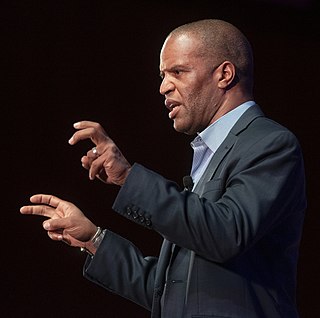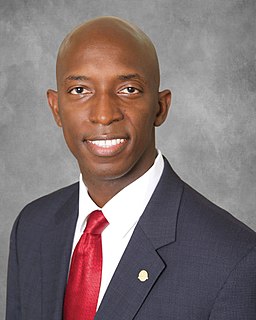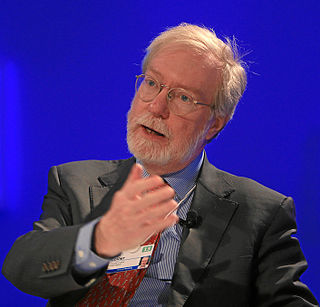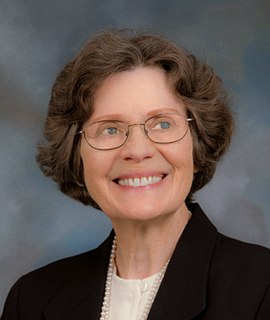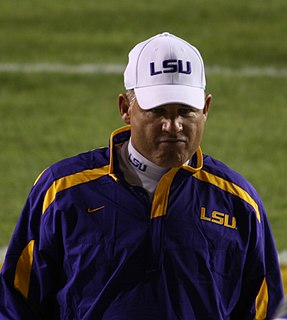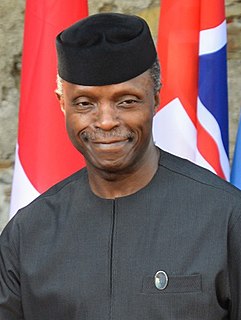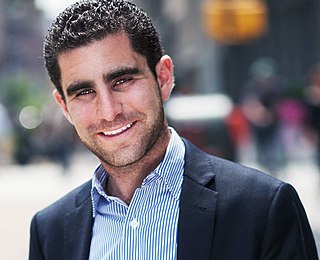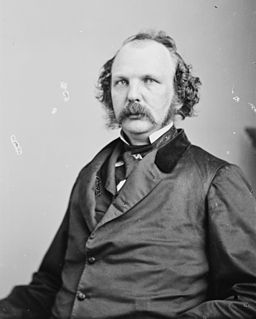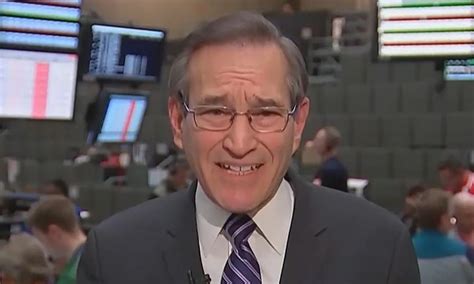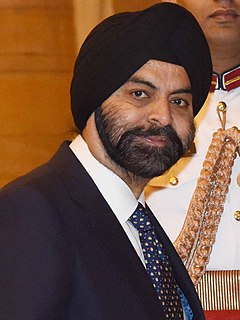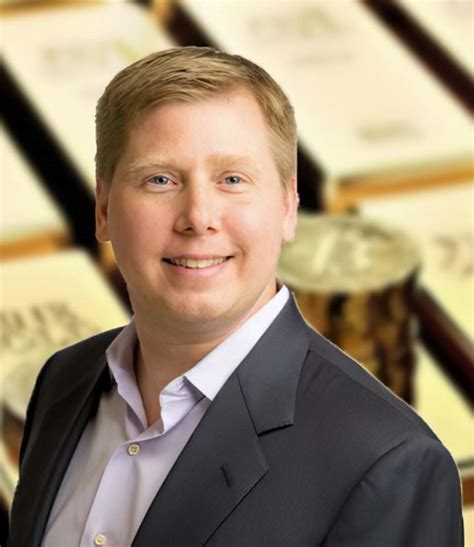Top 1200 Financial Regulation Quotes & Sayings - Page 4
Explore popular Financial Regulation quotes.
Last updated on November 8, 2024.
The public are entitled to have an absolute guarantee of the financial probity and integrity of their elected representatives, their officials and above all of Ministers. They need to know that they are under financial obligations to nobody, other than public lending institutions, except to the extent that they are publicly declared.
Most governments want their citizens to be part of the financial system, to be productive citizens as a result of having access to be able to manage and move money in a seamless way. But the traditional financial services infrastructure is not designed to handle that because, predominantly, it's an expensive infrastructure.
Deregulation is a popular term that's used across the political spectrum. And it's one of these terms like "choice," that corporate interests have used because they know their focus-group buzzword testing makes it sound like a popular word. Because, who can be against deregulation? Being free, having liberty, not having someone tell you what to do, being deregulated, hey, that sounds great. But deregulation is a non sequitur in the realm of media policy or media regulation. The issue is never regulation versus deregulation; our entire system is built on media policies and subsidies.
Where you have complexity, by nature you can have fraud and mistakes. You'll have more of that than in a company that shovels sand from a river and sells it. This will always be true of financial companies, including ones run by governments. If you want accurate numbers from financial companies, you're in the wrong world.
Financial markets are supposed to swing like a pendulum: They may fluctuate wildly in response to exogenous shocks, but eventually they are supposed to come to rest at an equilibrium point and that point is supposed to be the same irrespective of the interim fluctuations. Instead, as I told Congress, financial markets behaved more like a wrecking ball, swinging from country to country and knocking over the weaker ones. It is difficult to escape the conclusion that the international financial system itself constituted the main ingredient in the meltdown process.
I call it financial impotence, this notion of not having enough money, because it has the same characteristics as sexual impotence. And men will never talk about sexual impotence, no matter how close you are to someone, but financial impotence is an even greater barrier. And, I broke that omerta. I had people walk up to me in the grocery store - Several people, coming up to me and saying, "Gosh. Let me tell you my story." People are so pent up with their sense of financial impotence, that they're dying to get it out!
John Stuart Mill believed that the only acceptable reason for government to limit a person's liberty was to prevent him from causing unacceptable harm to others. Mill was not a libertarian, but many libertarians are quick to cite this principle when arguing against a regulation that they oppose. And I believe most thoughtful libertarians are prepared to embrace something fairly close to Mill's harm principle. But accepting that principle implies accepting many of the institutions of the modern welfare state that libertarians have vigorously opposed in the past, such as safety regulation.

